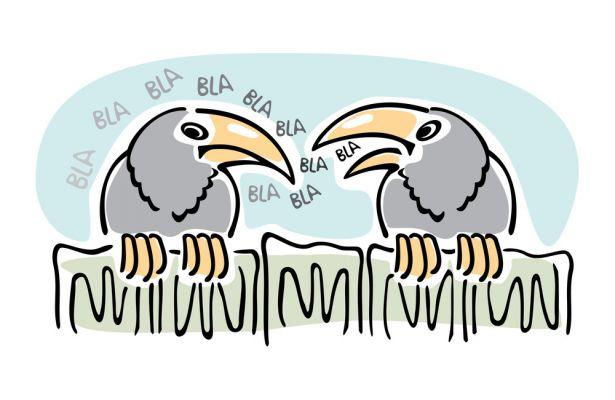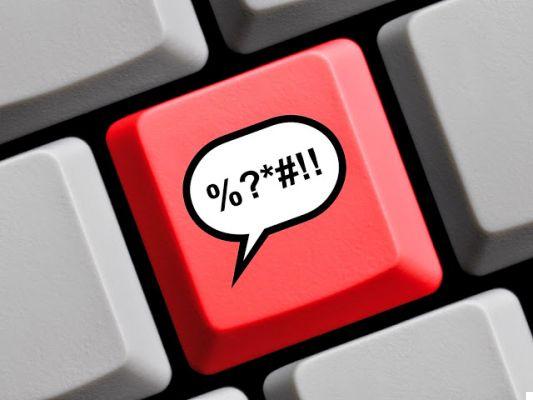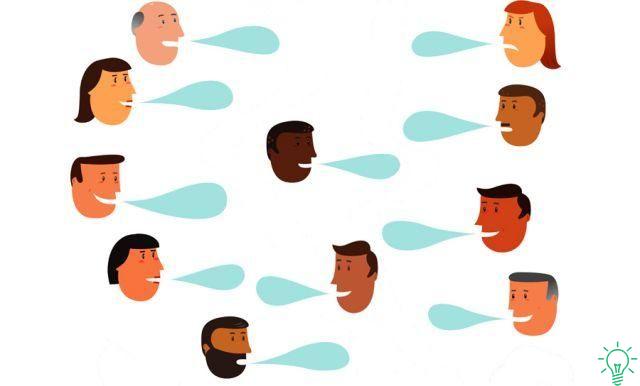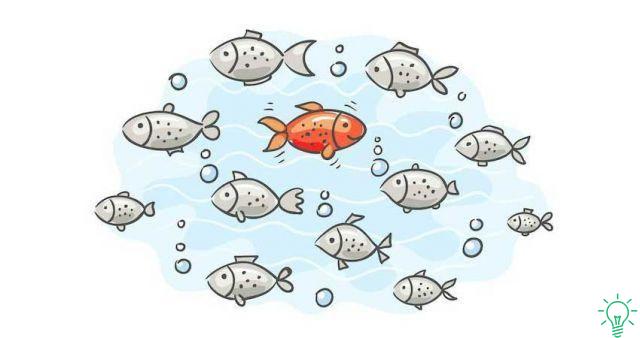
"I'm not saying anything, but ..." It is likely that on more than one occasion you have heard this phrase or even said it. Apparently it is "respectful", but it automatically puts us on the defensive because deep down we know that the words behind it are useless and can cause damage.
The compulsion to share our opinions
We have an opinion for everything. We are born opinion leaders. And there is nothing wrong with that. It is important to make our judgments about what is happening, and to come to our own conclusions.
However, the problem begins when we feel a strong compulsion to share our opinions with others. To say what we think. Expressing an opinion - often without knowledge of the facts. And also to criticize and judge.
This tendency can make us become kamikaze of truth and commit real sincerities. Behind a sincericide there is not a healthy attachment to the truth, but a self-centered position in which we do not take into account the impact of our words on others.
Sinceride often hides the inability to be empathetic. In fact, one of the favorite phrases of the sincericide is: "I tell you because I would like to be told". This shows that this person decides and acts according to his coordinates, regardless of what the other wants or needs.
I'd better say nothing, but ...
There is a very fine line between expressing what we think and falling into intellectual vandalism, between helping a person by pointing out his mistakes and crushing him under the weight of them. Between helping her find a solution and leaving her trapped in a problem.
When we start a sentence with the words “it's better if I don't say anything, but…” we know deep down that it would be better to keep quiet about what we are about to say. In fact, that person probably already knows what we're about to say and our words are nothing more than stepping on an already aching wound.
In other cases, those words do not serve to find a solution, but aggravate the conflict, deepen the gap and mark the distance with the other, probably at a time when that person needs validation and support, not criticism and judgment. .
Recognizing that we shouldn't say anything is also a way to apologize for what we're about to say, because we know those words have no reason to be, or at least not at that time and place.
Therefore, the next time we are about to start a sentence with the words "it will be better if I say nothing", perhaps it would be better if we did not say anything. Or at least that we stop and think about the impact that what we are about to say could have.
The 3 filters we should use before speaking
1. Opinions are not facts. Our opinions may be based on facts, no doubt, but they are also often intertwined with gut reactions, emotions, expectations and experiences. This means that we should not confuse them with "truth" and, above all, that we should not believe that we are possessors of an "absolute truth". When we believe we have the truth, we act arrogantly. And this is not the best attitude to build bridges to each other.
2. Frustration is not evaluation. Many of the things that happen to us can cause frustration when they don't meet our expectations, especially when other people don't follow the pattern we had in mind. But not getting what we want is no justification for negatively evaluating something or despising it. The fact that we feel annoyed is not an excuse to take that frustration on others because our opinion will not be objective.
3. Wanting is not a duty. Is what we are about to say something we "want" to say or something the other person needs to hear or that we feel a duty to say? The difference is huge. There are hard or uncomfortable truths that, however, need to be told lest they become an elephant in a glass shop. But there are opinions that contribute nothing and that can even hurt.
- 56


























